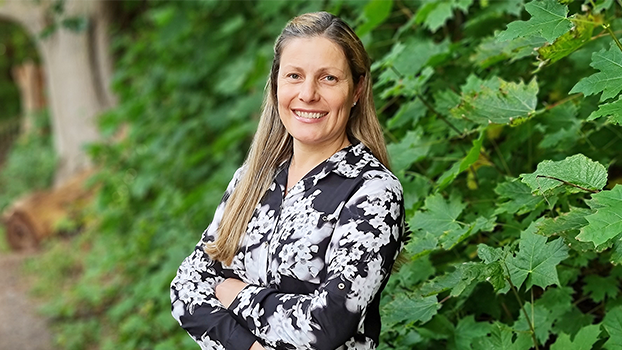Biomass Conversion and Bioprocess Technology

Our mission is to create innovative, environmentally friendly solutions able to accelerate the development of an economy less dependent on fossil resources. The ultimate goal of our research is to support the transition to a better and more sustainable future, where the resources are used more consciously, the environment is preserved, and our needs are fulfilled in a more efficient, economic and responsible way.
Research areas
We have expertise in converting different types of biomass including agricultural residues, agro-industrial wastes and side streams, food wastes, wood, grass, plants and seaweeds. Our research covers all the steps of a biomanufacturing process:
1. Production of cheap fermentation media and extraction of bioactive molecules
Establishing low cost, sustainable, selective and efficient conditions to release sugars and other valuable compounds from biomass (protein, lignin, lipids, acetic acid, phenolic compounds) able to allow maximum feedstock utilization.
- Biomass pretreatment and hydrolysis
- Extraction with green solvents, enzymes and sub/supercritical CO2
- High solid loading enzymatic hydrolysis
- Hydrolysate detoxification methods
2. Fermentation and maximization of process efficiency
Improving the ability of strains to convert sugars from medium containing inhibitory compounds, as well as to tolerate high or low pH and temperature, high substrate and product concentrations. Optimizing process conditions/strategies to maximize yield and productivity.
- Microbial conversion of C5 and C6 sugars and microbial conversion of CO2
- Development of robust microbial strains and co-culture systems
- Bioprocess development, modelling and optimization
- Simultaneous saccharification and fermentation (SSF) processes
- Process integration and process intensification
3. Sustainability assessment and scale-up potential
Developing and evaluating biorefinery strategies. Techno-economic and life cycle analyses to evaluate the sustainability potential of the developed technology.
- Downstream processing and mass balance calculations
- Application of biorefinery concepts and analysis
- Techno-economic and life cycle assessments

